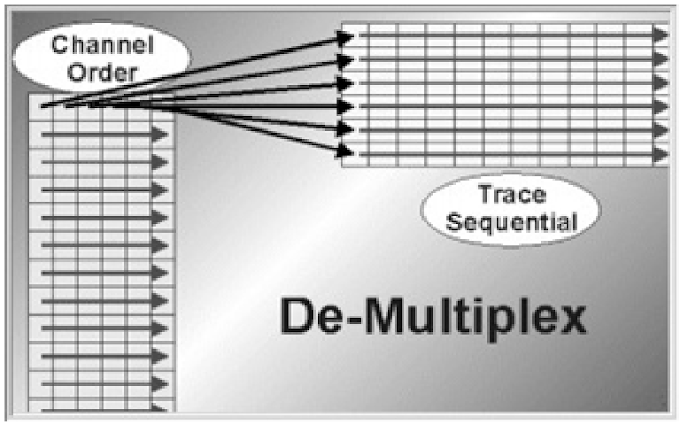by Georgio Galveston
One of the up and coming technologies that is fast gaining momentum is that of geographical information systems (GIS). Already a reality today, it has cast its eyes on the world of tomorrow and looks set to take root there in spectacular form.Origins of GIS: From Cave Paintings to Open Source
History-buffs may well be tempted to pinpoint the origins of this system into the antiquity of the far past when hunters have been theorized to keep track of the migration patterns of their prey through cave paintings. Thousands upon thousands of years later, it would find beginnings that are more firm when John Snow depicted a cholera outbreak geographically, and then its origins found to be a contaminated water pump.
Fast-forwarding through the better part of just over a hundred years, and in Ontario, Canada, the first truly operational GIS was developed. From there on out there was no looking back, as continuous developments in the techniques behind the GIS have propelled it into commercial availability, and today even several open source GIS packages that are readily available.
Saving the Planet for the Future
Many have been watching the growth and development of GIS closely, due to its functionality across multiple areas. One of the most important areas in which GIS has emerged as a leading tool of analysis is on the impact that human activities have upon the environment.
Now there is a steadily increased public availability of the technology via such things as Google Maps and Live Maps, as well as advances to the system itself with the addition of the possibility for time as a viewable dimension. All of this makes for a huge amount of data available not just to scientists, but also lay-people as well, and can contribute to both the general and scientific understanding that may be necessary to save the planet.
Even so, this is but a small window into the huge potential that exists within GIS. How far this technology will progress is beyond guessing.




0 Comments